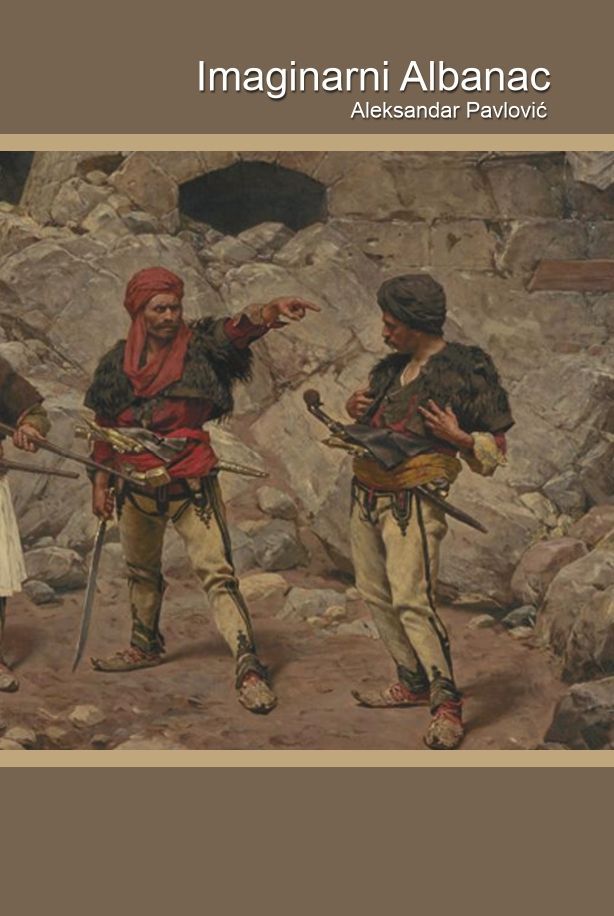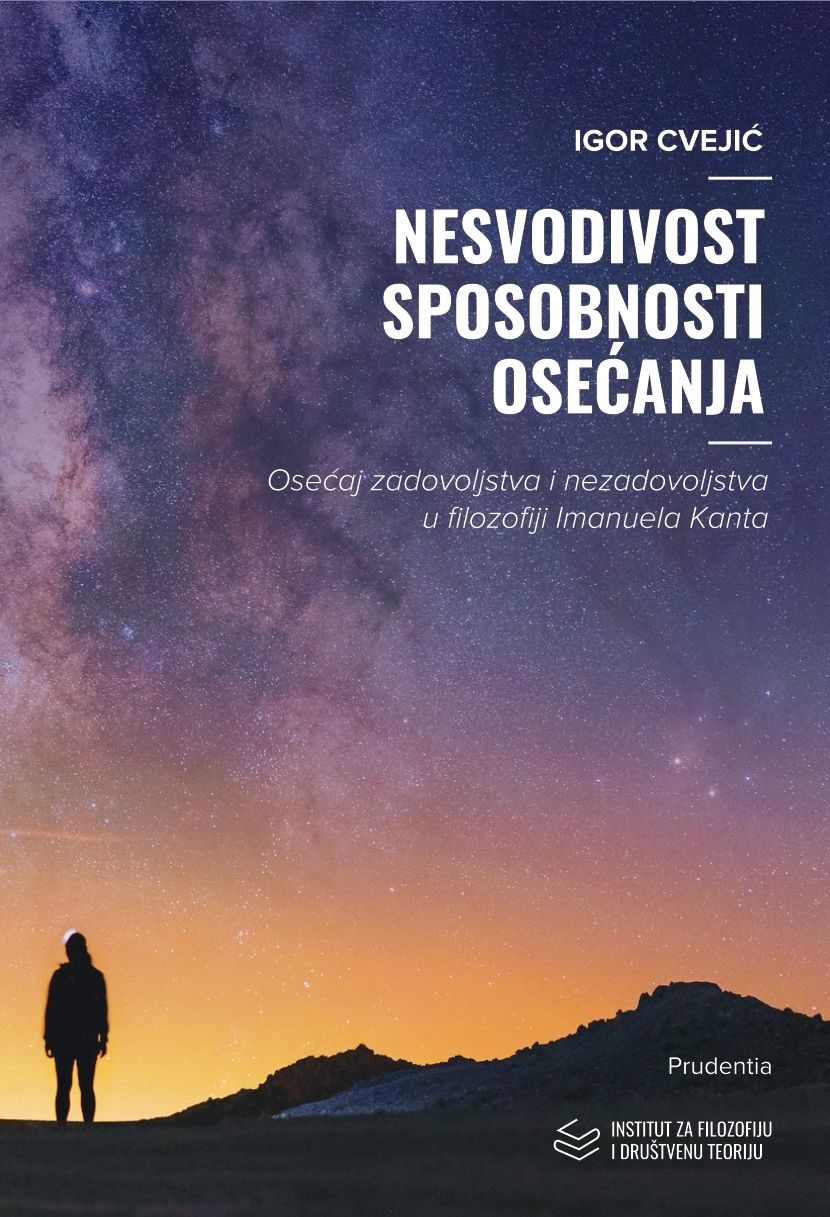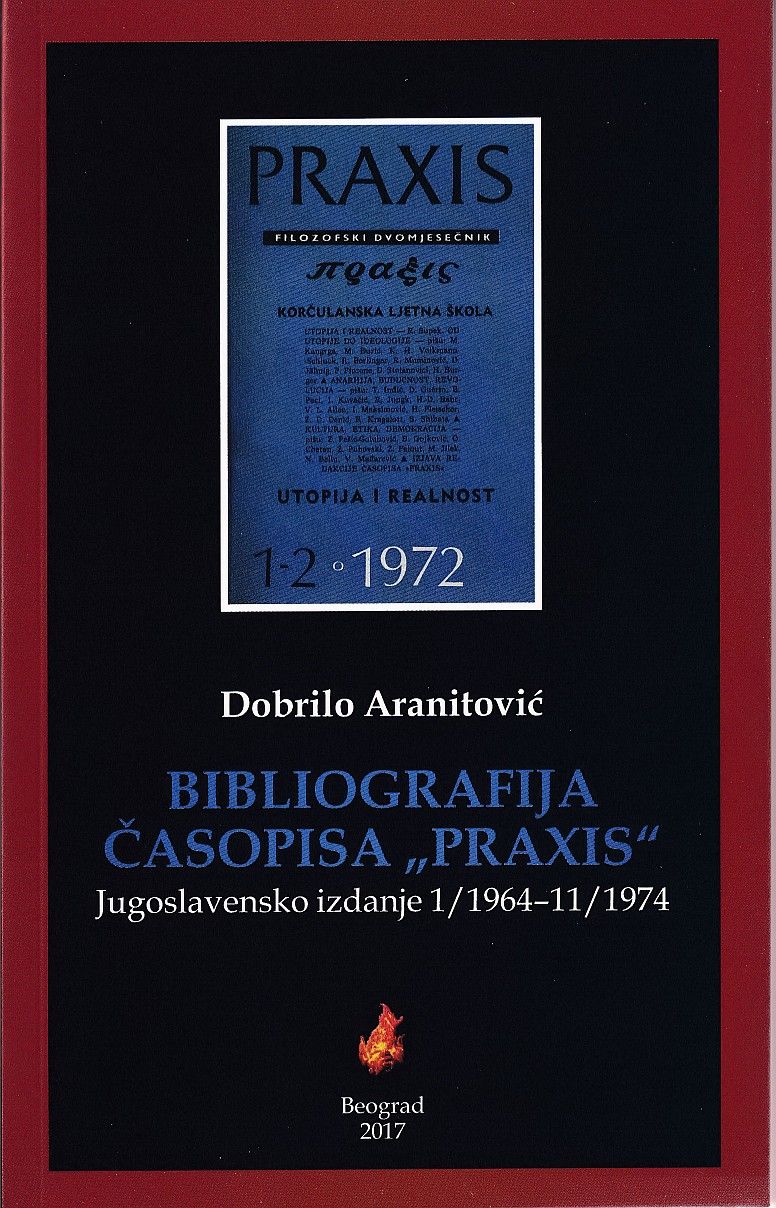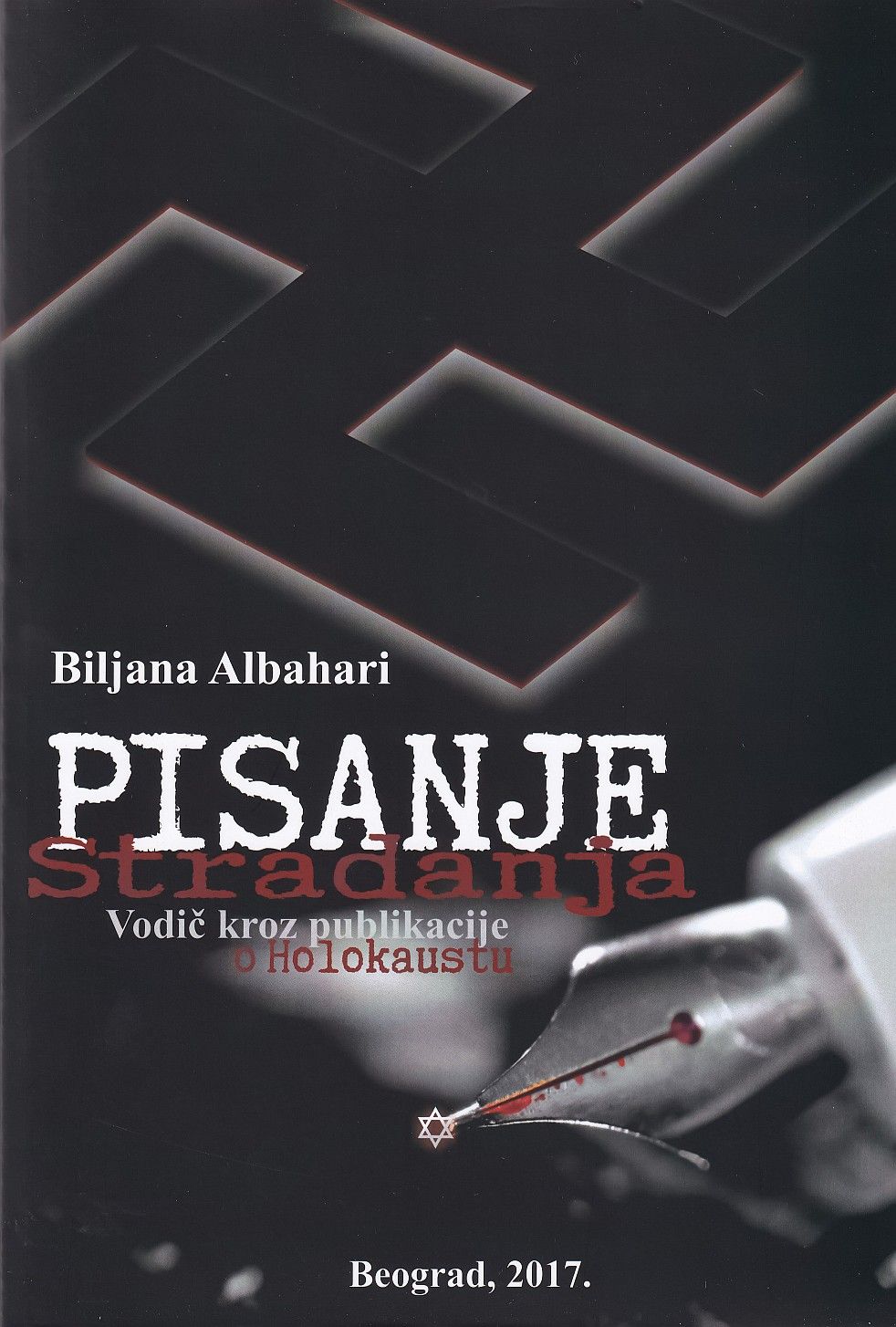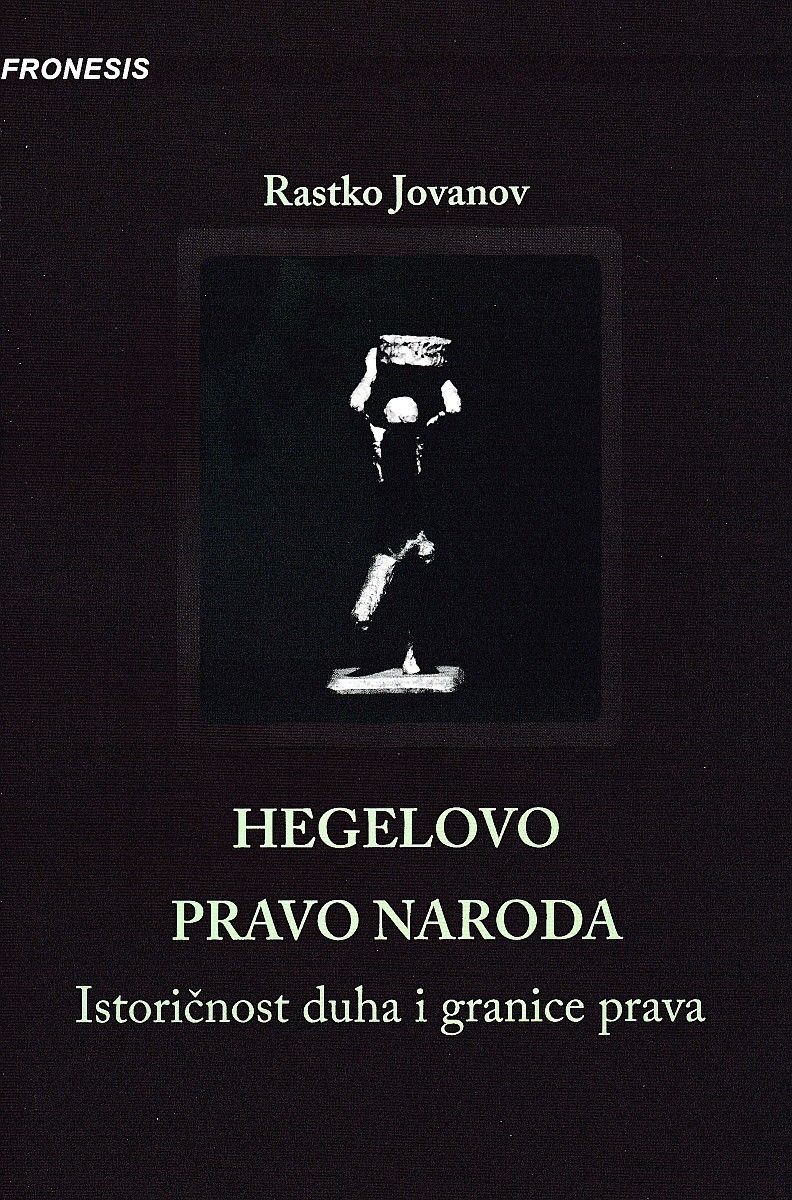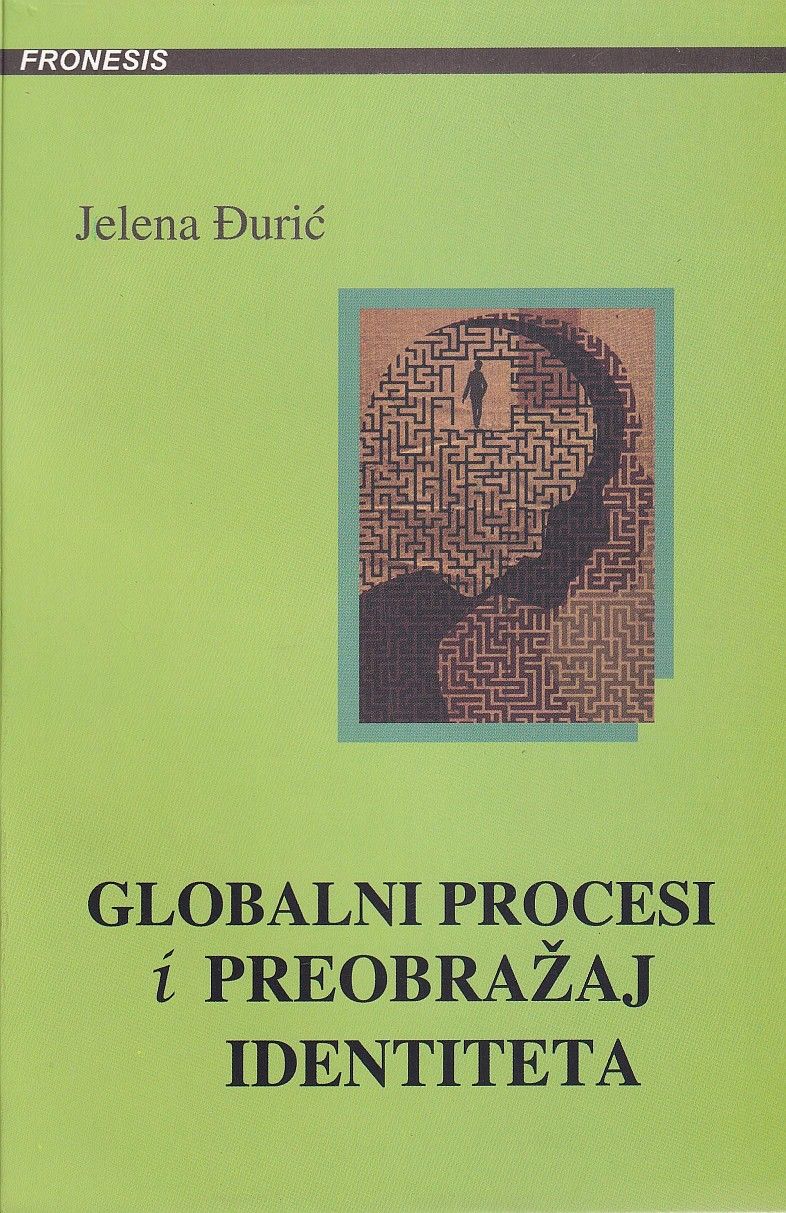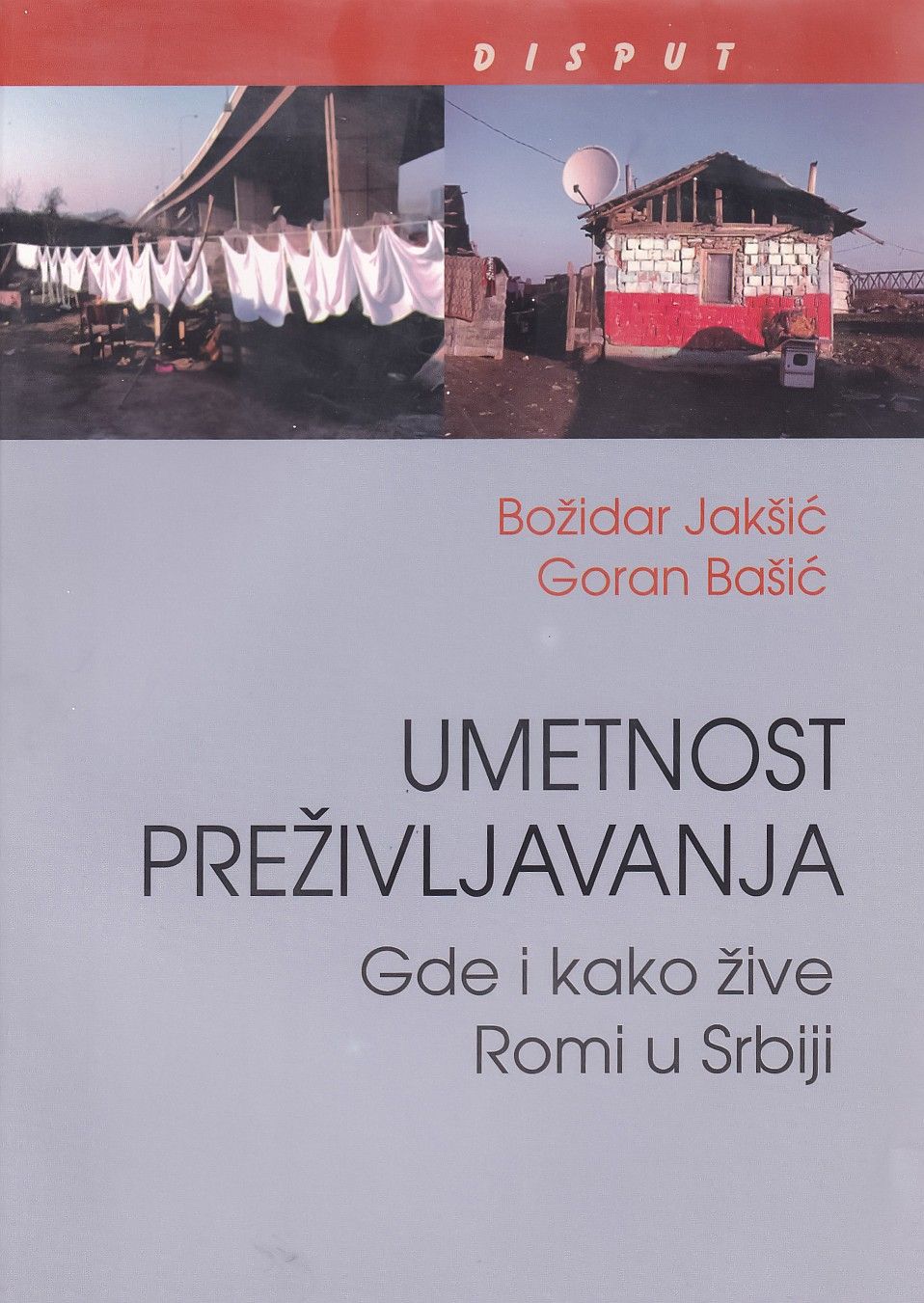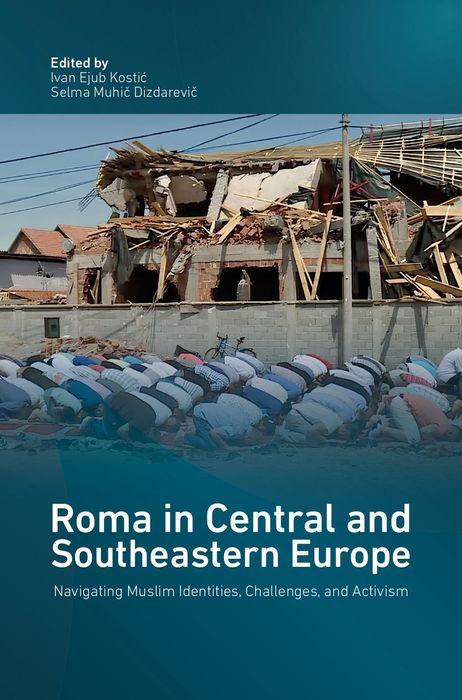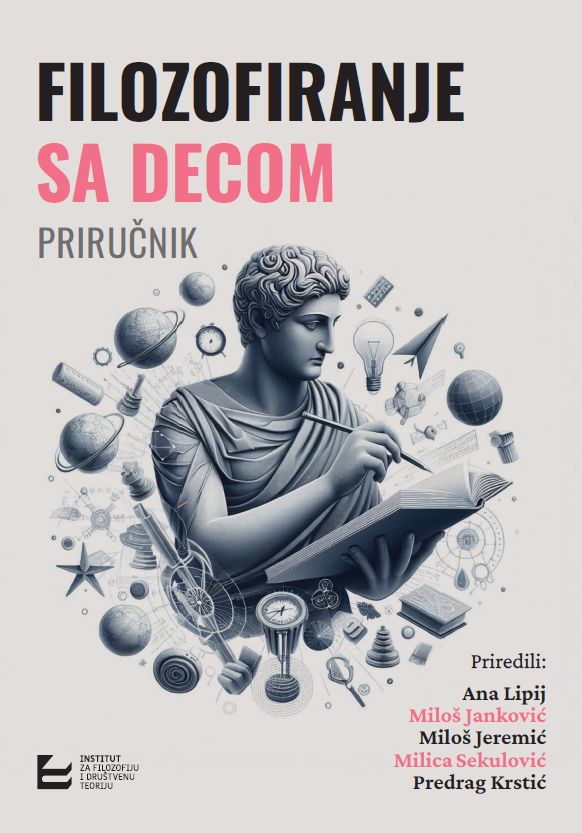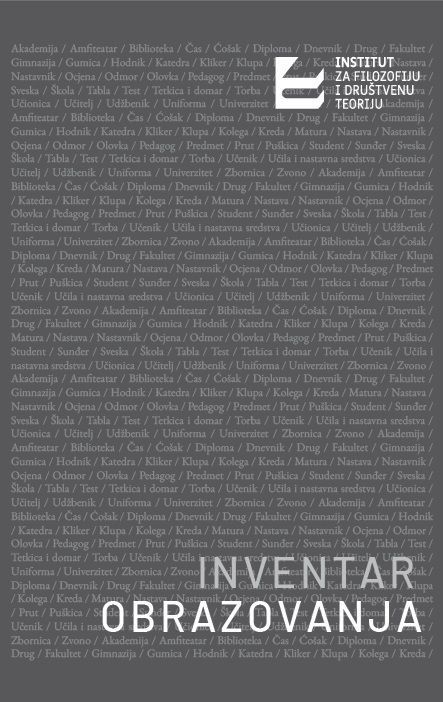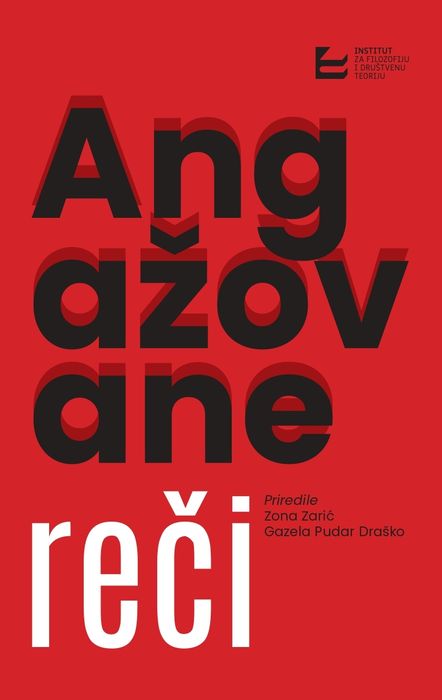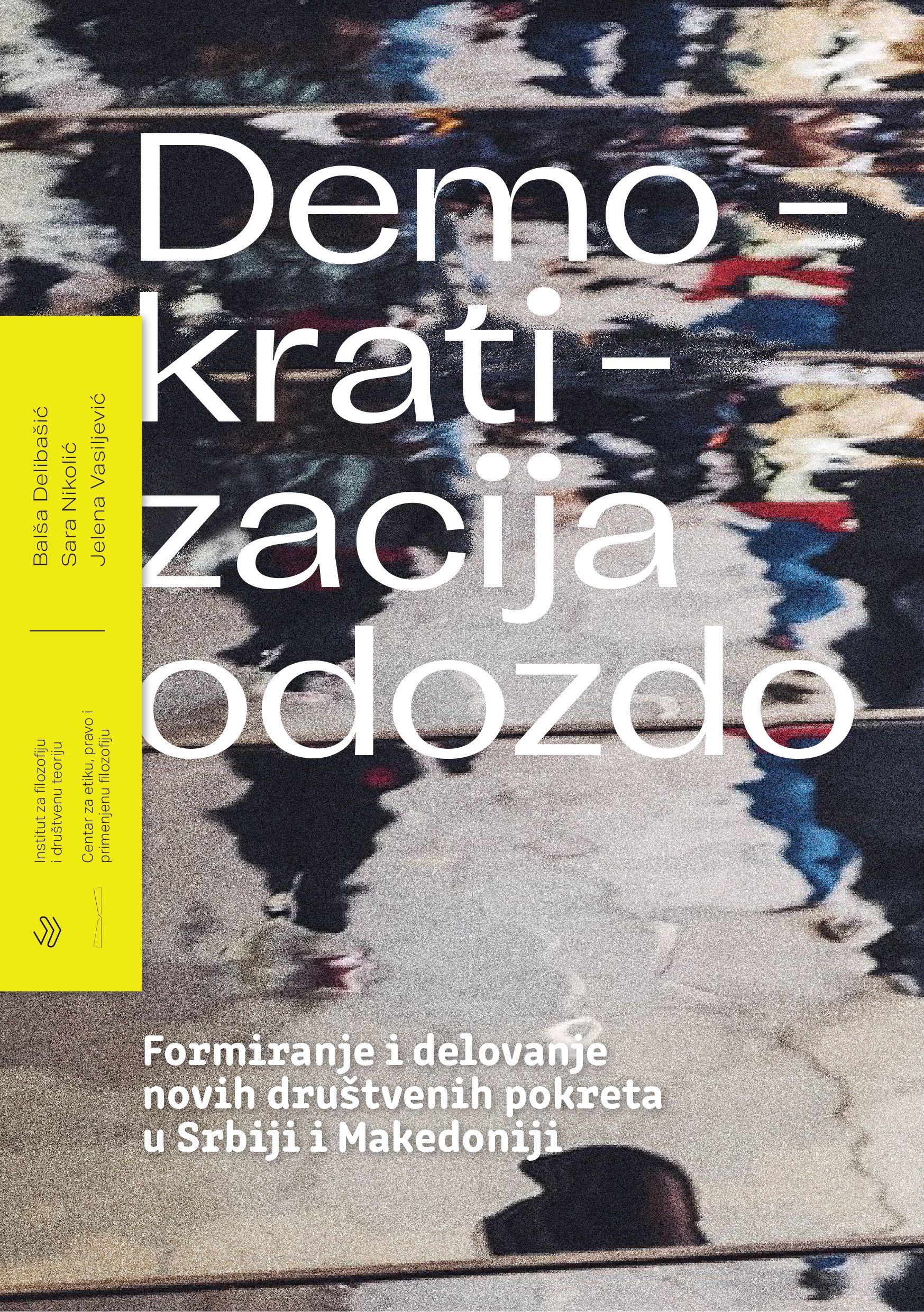
Democratization from below: formation and action of new social movements in Serbia and Macedonia
Demokratizacija odozdo : formiranje i delovanje novih društvenih pokreta u Srbiji i Makedoniji
Keywords: social engagement; social movements; democratization; Western Balkans; Macedonia; Serbia
The main goal of this study is the mapping of new social movements in the Western Balkans. Although the entire region was the scene of diverse and intense protest and activist initiatives - from civil plenums in Bosnia and Herzegovina, through the expansion and strengthening of the Right to the City movement in Croatia and Serbia, to the Colorful Revolution in Macedonia - professional and academic interest in these social processes it is still in its infancy, and there are almost no comparative studies. This study aims to respond to that gap by systematizing some of the insights the authors have come to by researching contemporary movements in Macedonia and Serbia - without the ambition to offer a rounded whole and ready-made conclusions, but rather with the intention of opening up important questions and calling for further research. on the topic of the democratic potential of social movements in the Western Balkans.
More...
